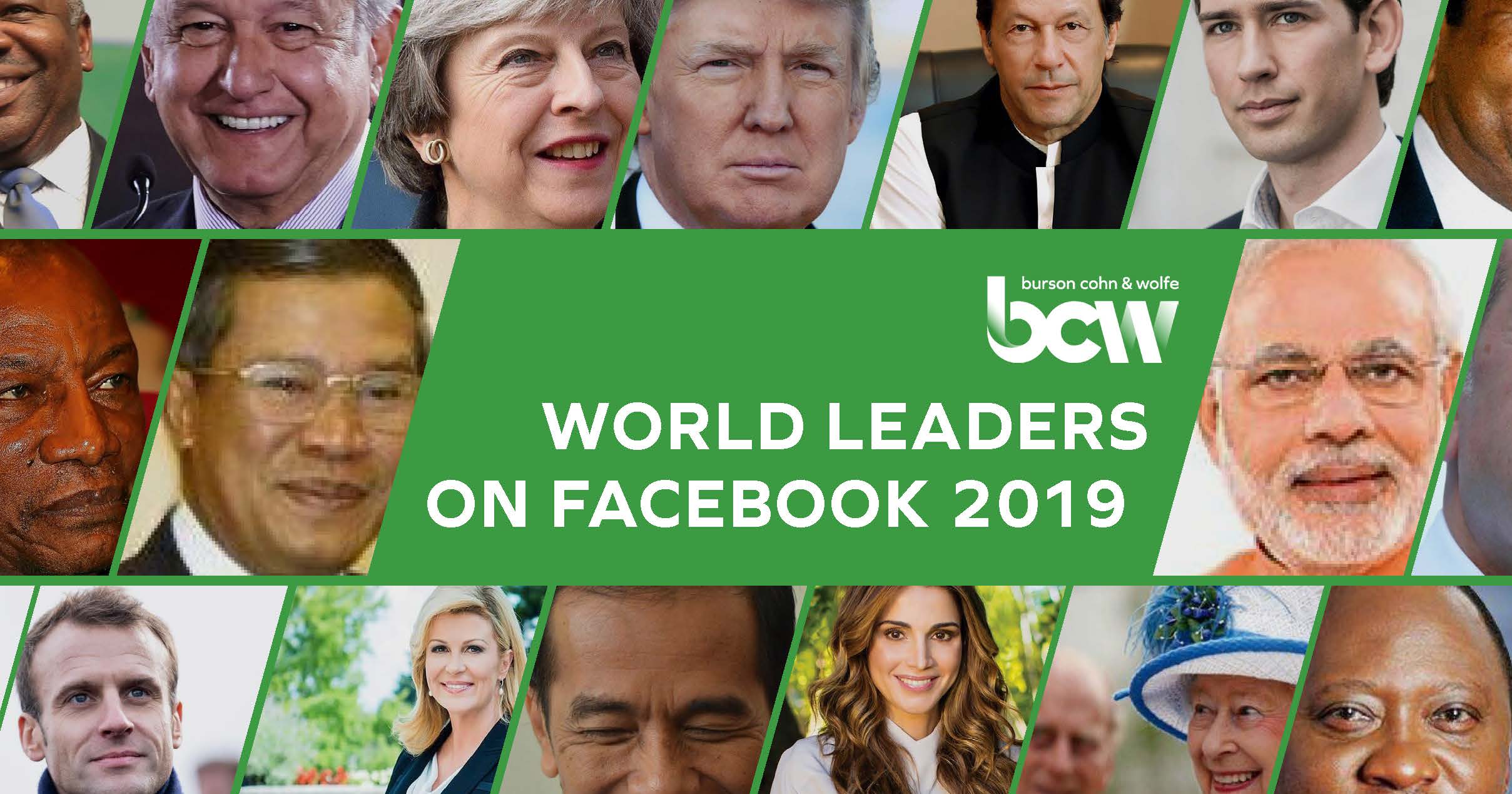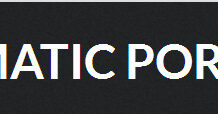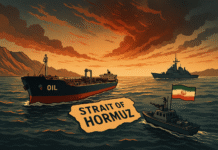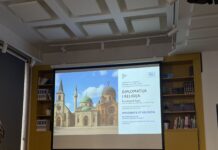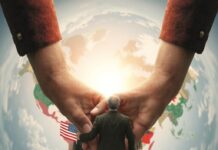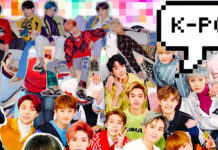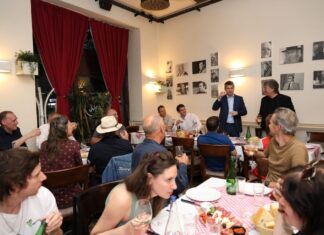“Facebook is the most difficult channel for us” a social media manager at a foreign ministry recently admitted, echoing a sentiment shared by many a social media manager about the platform. Technically world leaders, governments and foreign ministries have their biggest audiences on Facebook compared to their size of their audiences on Twitter or Instagram. However, with Facebook’s change of algorithm it has become more and more difficult for governments to stand out and reach the 2.3 billion monthly active users organically.
According to the 2019 edition of World Leaders on Facebook, part of the acclaimed Twiplomacy series from BCW (Burson Cohn & Wolfe), the governments and leaders of 182 countries – seven more than in 2017 – had an official presence on the social network, representing 94 percent of the 193 UN member states. The governments of only 11 countries do not have a Facebook presence, including Eritrea, Laos, Mauritania, Nicaragua, North Korea, Swaziland and Turkmenistan and a small handful of Pacific island states.
One hundred and eight heads of state, 83 prime ministers and 88 foreign ministers maintain personal pages on Facebook and, in general, they are more popular than the pages of their respective institutions. As of March 1, 2019, all 692 personal and institutional Facebook pages of world leaders had a combined total of more than 345 million page likes and registered 767 million interactions since March 1, 2018.
Growth of the Facebook pages of world leaders has been considerably less than in previous years. All pages combined have registered a 10 percent growth in followers year on year. The Facebook page of Indian Prime Minister Narendra Modi has grown by less than one percent over the past 12 months and his institutional page @PMOIndia registered a decline, losing 84,533 over the past 12 months. The page of Donald Trump has only grown by three percent, a fraction of his growth rates in our last study.
Interactions on their pages have dropped significantly. While world leaders registered 1.1 billion interactions in 2016, that number has decreased by 32.3 percent compared to their interactions in all of 2018.
«When from one day to another, the organic reach of our pages was decimated, we knew it was time to reconsider our strategy. Just over a year later, we still haven’t cracked the code but trial and error has helped us realise that there is little we can do to get around the restrictions set by the algorithm.»
Read the full post by Paolo Ganino, Digital and Social Media Officer, European External Action Service
However, a few leaders have been able to buck the downward trend, particularly those who are in campaign mode. Facebook pages tend to become alive and register strong growth during election campaigns. Not surprisingly, the Facebook page of Brazilian President Jair Bolsonaro has registered the most growth over the past 12 months, adding 4.1 million new fans. Mexico’s new president, Andrés Manuel López Obrador, added more than 3 million likes over the past 12 months and more than doubled his followers. And Ukraine’s President Petro Poroshenko, who is facing an election on April 21, 2019, has tripled his followers to 2.3 million.
«While Facebook’s algorithm changes were frustrating at first, they’re increasingly looking like a blessing in disguise. They’ve forced us to pinpoint our target groups even more precisely and produce more targeted, relevant content.»
Read the full post by Rasmus Eljanskog, Press Officer at the Swedish Foreign Ministry.


